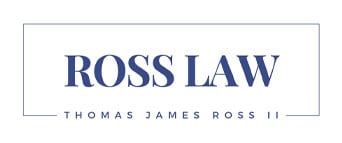Probate is the legal procedure of validating a will and settling an individual’s estate. The complexities of this process can lead to substantial delays, leaving beneficiaries and heirs anxiously awaiting their rightful inheritance.
Understanding the reasons behind the extended duration of probate can shed light on the challenges involved.
Different kinds of assets
One primary factor contributing to the protracted nature of probate is the types and amount of assets that an individual may possess. From real estate properties to financial investments, each asset type carries its own set of rules and regulations.
The median amount of wealth per household in America, which includes assets, is up to $140,800 as of 2020. The assessment and valuation of these assets can consume a considerable amount of time. This is especially true when financial portfolios or extensive property holdings are part of it.
Creditor claims
Probate serves as a platform for settling outstanding debts and liabilities left behind by the deceased. Creditors have a window to assert their claims against the estate, a process that prolongs probate. Addressing these claims is important for ensuring a fair distribution of assets, but the back-and-forth negotiations can extend the timeline significantly.
Disputes among heirs
In the absence of an uncontested will, disputes among heirs can escalate. Complicated familial relationships often lead to long legal battles. Courts must evaluate the claims of each party, further contributing to the time-consuming nature of probate.
Estate tax matters
The tax implications associated with an individual’s estate can be intricate, depending on its size and tax laws. The assessment and settlement of estate taxes demand a thorough understanding of complex financial structures.
Court scheduling
The overloaded schedules of probate courts can contribute to delays in the resolution of cases. With numerous cases vying for attention, the allocation of court dates becomes a challenge. As a result, the probate process may be longer simply due to the availability of court time.
Each element during this time plays a role in shaping the duration of probate. Acknowledging these challenges creates a realistic expectation of the timeline involved and underscores the importance of careful estate planning to mitigate potential delays.

